Victory for sugar workers at Swaziland's Tambankulu Estates but Illovo refuses to settle!
- IUF
- 03 July 2014
Swaziland's sugar workers score major success but struggle continues at Illovo, the largest sugar company in Africa.

Swaziland's sugar workers score major success but struggle continues at Illovo, the largest sugar company in Africa.
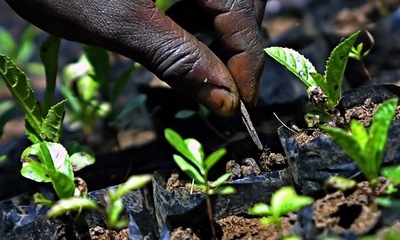
Plight of Kenya's indigenous Sengwer shows carbon offsets are empowering corporate recolonisation of the South
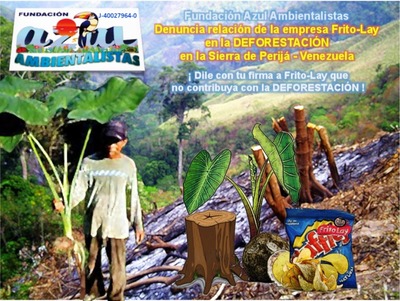
Una investigación, exploración y posterior informe pone en evidencia la complicidad de la transnacional Frito-Lay, empresa subsidiaria del grupo Pepsico, en la deforestación causada en territorio venezolano.
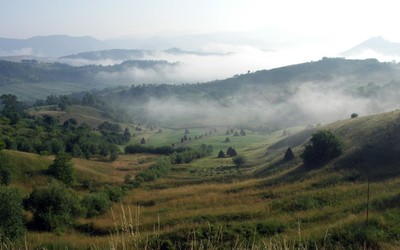
Businesses and wealthy oligarchs have taken ownership over huge tracts of agricultural land, and pushed into poverty a large number of smallholders.

A group of South African investors have indicated interest to plough $200 million in the agriculture sector and acquire an initial 5,000 ha in Nigeria's Edo, Enugu and Benue states.
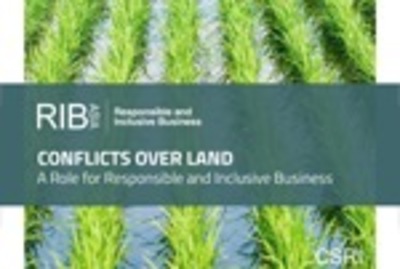
CSR Asia has published a new report that examines the rise of “land grabs” in Asia and how this impacts on poor and vulnerable people in the region.

James Cameron, Canadian-born director of Titanic and Avatar, has bought up two more properties, bringing his total purchases of farms in the area to at least 12.
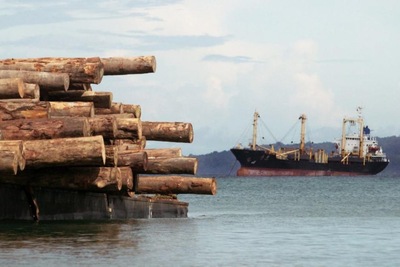
Community groups have welcomed the Papua New Guinea Government's announcement it will abolish special agricultural business leases.
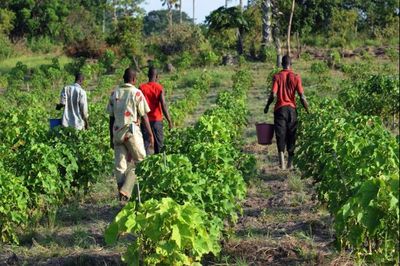
As negotiations over responsible agricultural investment policy run through the summer, Tanzanian villagers fight for the return of 20,000 acres of land lost to a failed biofuel project.

El país báltico se comprometió a liberalizar su mercado de la tierra y a eliminar la prohibición de vender tierras a los extranjeros en un período de transición de 10 años, tras unirse a la Unión Europea en mayo de 2004.
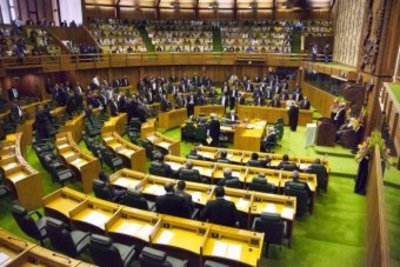
Text of the decision by the Papua New Guinea Government to repeal the provisions of the Structural Agriculture Business Lease (SABL) in the Lands Act to prevent anymore SABL dealings.

Des chercheurs calculent que les terres accaparées par les investisseurs étrangers dans les pays en développement pourraient nourrir des millions de personnes.